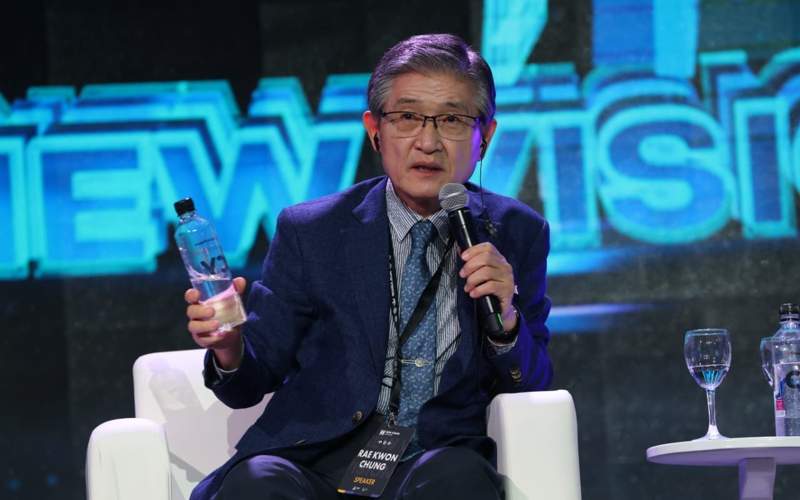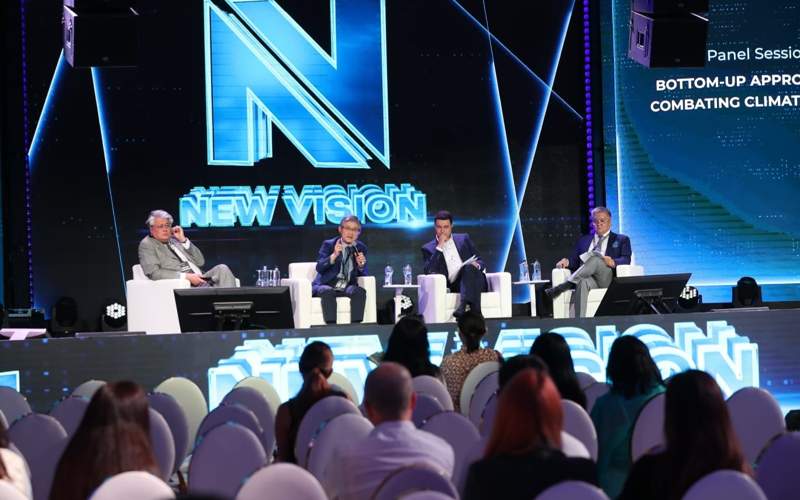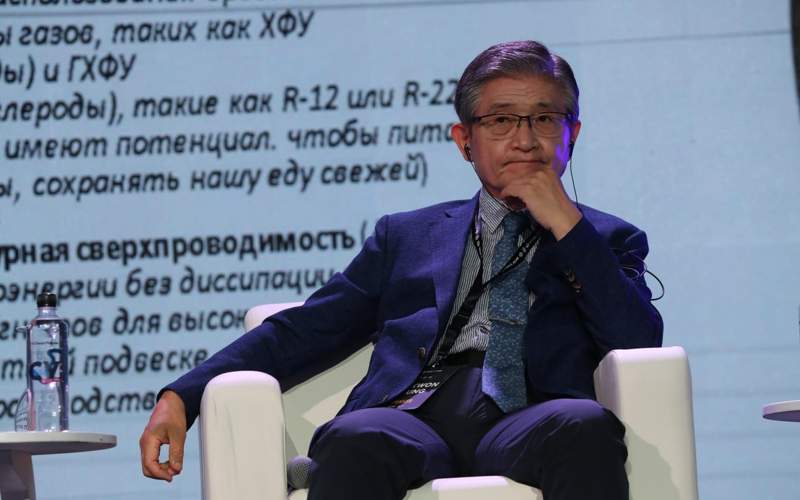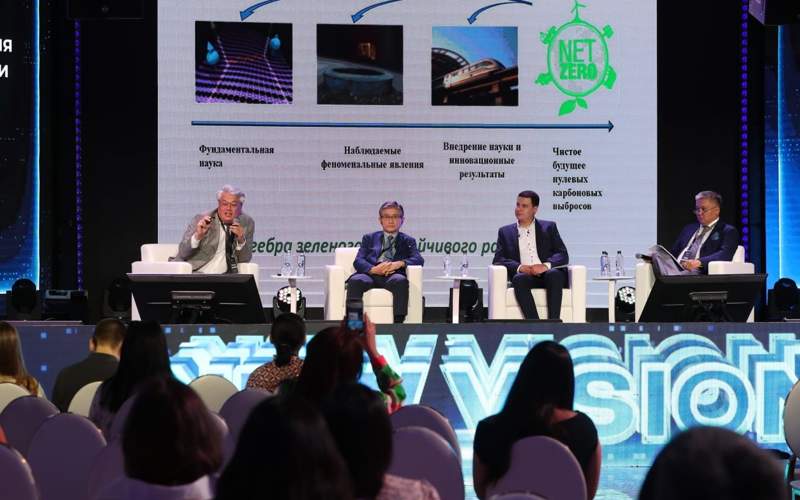“The climate dilemma”: Advisor to the UN Secretary General on Climate Change and Nobel Peace Prize laureate Rae Kwon Chung’s exclusive interview

At the New Vision 2024 business forum, dedicated to current problems and opportunities in international business, a Kazinform News Agency correspondent prepared an exclusive interview with Rae Kwon Chung. Mr. Rae Kwon Chung is an advisor to the Chairman of the UN Secretary-General's Panel of High-Level Leaders and Experts on Water and Natural Disasters, and is a member of the IPCC and a 2007 Nobel Peace Prize laureate. The interview discusses the global climate situation and its impact on the economy, challenges for Kazakhstan and ways to solve climate problems at the level of the state and society.
What do you think about the current global climate situation and its effects on the economy of the world?
The global climate situation is entering into a very critical stage that we cannot reverse. It cannot be reversed, already past the threshold, tipping point, we cannot turn it back. It will be very difficult. As the Secretary General of the United Nations already mentioned, we are entering into a climate hell, so the situation is very bad and it's going to be getting worse in the coming days.
Recently, Kazakhstan has gone through national level natural disasters: floods and earthquakes. Many sectors of business have been affected as a result. In your opinion, what is the best way to approach the restoration of the damages and further business planning?
I heard about the news that Kazakhstan has suffered from the flooding and it has even forced the Kazakh government to cancel the Astana forum this year. All the countries around the world are now suffering. You may know that 1,300 people died in Mecca in Saudi Arabia during the pilgrimage, so the situation is getting very worse. The best way to restore the damages, I think, depends on each government’s strategy, but it will be getting more and more difficult for the government alone to take all the burden. I think the people have to understand that they have to share the responsibility to provide the funding and the money to build up the infrastructure. It cannot be only done by the government.

Despite the floods, what are the biggest problems, risks and also advantages for Kazakhstan on a regional (Central Asia) and international levels?
I think the biggest problem is the fact that it is very difficult to predict because the climate is changing up and down. The volatility is getting worse, so it is getting more and more difficult to predict what will happen in the future. This is the most difficult challenge.
What do you think are the biggest challenges in the current economic environment given that climate change affects many countries, like with heat waves right now?
Current climate change is not only just causing damages for the infrastructure, but it is actually impacting negatively on the economy. Many countries are suffering from inflation in food, fruit and vegetables. The price of these agricultural products is now rising very rapidly because of the negative impact from climate change. There is a new word introduced, heat deflation. Heat deflation is an inflation caused by the heat, it is causing damage to agriculture and economic activity. There is a study that one degree rise in temperature will reduce 12% of the GDP. This is a new report published recently.
What are your predictions for the outcome of such challenges on a global scale?
Many experts already made projections that if the climate is warming as it is now, our survival, whether the human race can survive with climate change is a big question. So it's not just a matter of some damages, it's a matter of life and death.

Recently, in an Interview with Kazinform, UNDP climate expert Gulmira Sergazina has stated that by the end of 21 century annual temperature will rise by 6 degrees in Kazakhstan, 3 degrees at least given a low gas emission ejection scenario. What do you think Kazakhstan and its economy have to prepare for? What are your predictions about the possible outcomes in this situation? How can businesses and corporations of various sectors (agriculture, manufacturing, metallurgical industry) make a difference and not worsen the situation?
I think our current global climate regime is mainly focusing on the role of the government and the business. We believe the responsibility lies with the government and the business, but we forgot that the people and the consumer should bear the responsibility as well. It is not only the responsibility of the government and the business. The consumers and all the people have to share the responsibility.
At the moment it is very difficult to impose the burden sharing to all the people. I'm proposing voluntary participation by those people who are ready and can pay the price: they should join first on a voluntary basis and share the responsibility. I call it the ‘Me first’ concept. I think we have to encourage the mindset change based on me first. I'm promoting the BE FIRST campaign based on the concept of personally determined contribution, PDC.

Now globally, the NDC, National Determined Contribution, is the basis of a global climate regime based on the Paris Climate Agreement. But the NDC is not working very well, it cannot succeed without support by the people and the support from the people can come based on the concept of a personally determined contribution, PDC. I believe the PDC is a very important concept and the people have to understand it and we have to promote ‘Me First’ campaign so that the people should be willing to pay and choose carbon-free energy, carbon-free product, and then businesses will be also willing to produce carbon-free product and carbon-free energy because they can sell to those consumers and still can make money. It can be a business opportunity and investment opportunity.
There are an increasing number of people around the world who are concerned about climate change. And these people and these consumers are ready and willing to pay a higher price to choose carbon-free energy and the carbon-free product. This is a huge opportunity for the investment, opportunity for the businesses. I think this is the only way you can get out of the climate dilemma.


